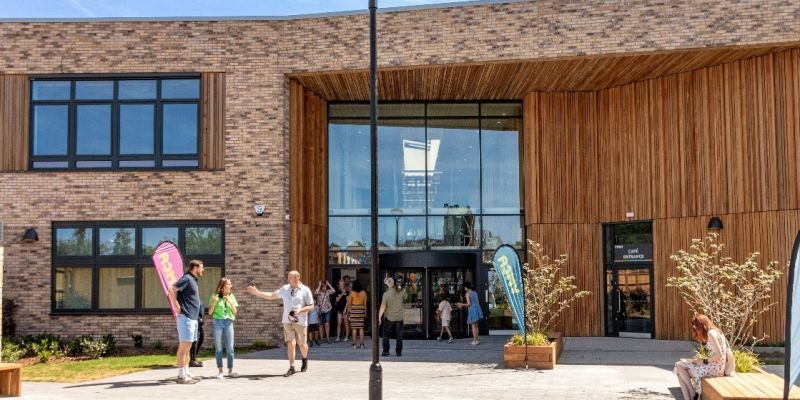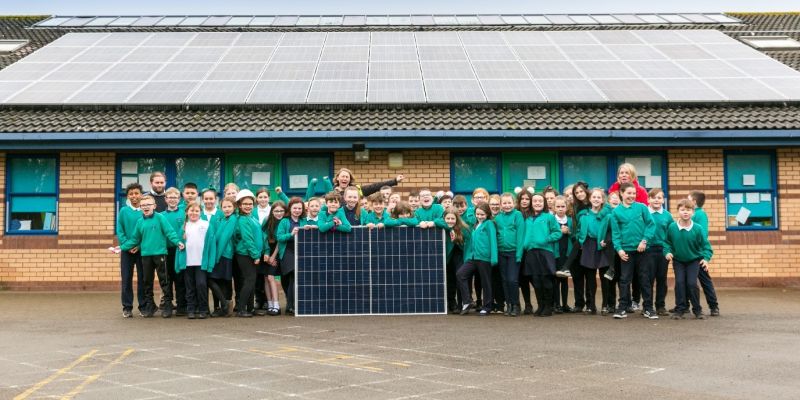YMCA Robin Hood Group

YMCA Robin Hood Group provide a range of frontline services across Greater Nottingham, York and East Riding, plus Newark & Sherwood, to encourage young people to belong, contribute and thrive. This includes residential settled care homes, supported housing and numerous support programmes. Explore how they used social investment to grow and innovate their service offering.


